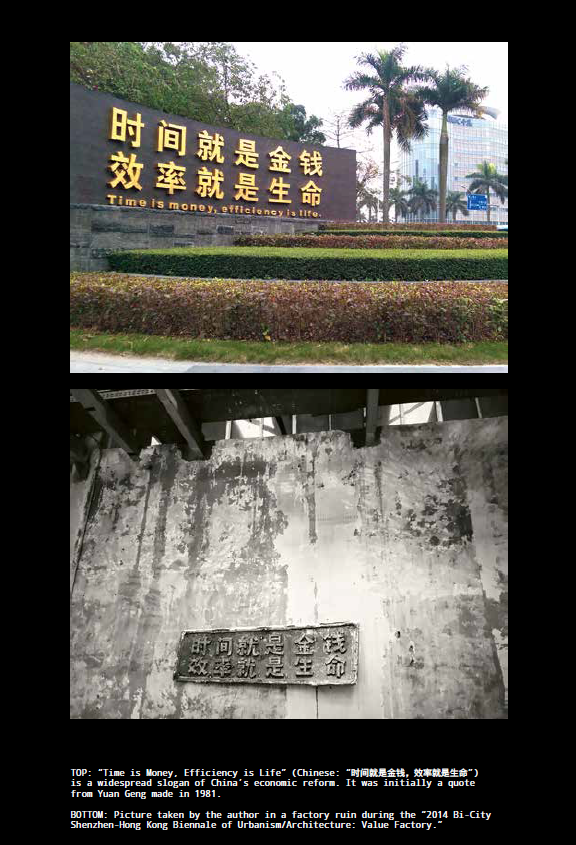Apertures #1: Ari Larissa Heinrich & Dino Ge Zhang
The Machine Vision in Everyday Life research project welcomes Prof. Ari Larissa Heinrich and Dr. Dino Ge Zhang to discuss contagious media, medical representations and their afterlives in China.

Hovedinnhold
As evidenced by a year of pandemic overload, visual media play a central role in the representation of illness and disease, and technologies ranging from medical imaging to online videos shape the biopolitical circulation of bodies and affects. This seminar explores the circulation of medical discourses and representations of disease in China and beyond.
Apertures is a series of seminars organized by the Machine Vision in Everyday Life research project. This one-hour video seminar features fifteen-minute talks by two scholars of Chinese media, followed by a discussion between presenters, the research team, and the audience.
Ari Larissa Heinrich discusses their books The Afterlife of Images: Translating the Pathological Body Between China and the West (Duke University Press, 2008) and Chinese Surplus: Biopolitical Aesthetics and the Medically Commodified Body (Duke University Press, 2018), tracing the historical developments of medical imaging and the biopolitics of pathological representations. Heinrich is Professor of Chinese Literature and Media at the Australian National University, Canberra.
Dino Ge Zhang reflects on the virality of pandemic-related WeChat videos in his hometown Wuhan, contrasting it with the metaphors of social contagion popular in Chinese psychology. Drawing on his doctoral thesis Zhibo: An Ethnography of Ordinary, Boring, and Vulgar Livestreams, he argues that the circulation of online videos challenges common conceptions of viral media. Zhang is a Postdoctoral Fellow at Zhejiang University, Hangzhou.


